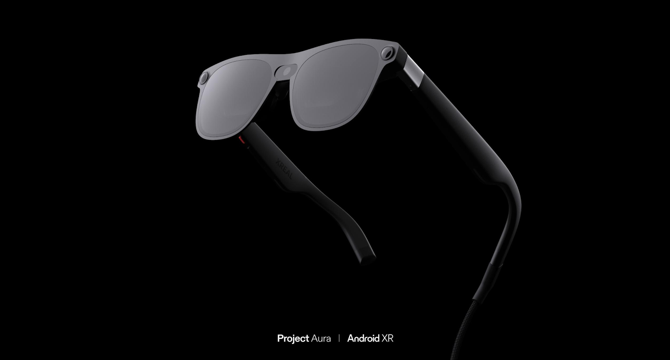Googleblog
1M
392

Image Credit: Googleblog
Updates to the Android XR SDK: Introducing Developer Preview 2
- Android XR SDK Developer Preview 2 has been released with new features and improvements to assist developers in creating immersive experiences.
- New features include capabilities to render 180° and 360° stereoscopic videos, layouts that adapt to different XR display configurations, and enhanced Material Design for XR components.
- ARCore for Jetpack XR now supports hand tracking, offering natural input methods for XR experiences.
- Updates to the Android XR Emulator provide stability, AMD GPU support, and integration with Android Studio UI.
- Unity developers can benefit from performance improvements and new features in the Unity OpenXR: Android XR package, including support for Dynamic Refresh Rate and hand meshes with occlusion.
- Firebase AI Logic for Unity is now in public preview, allowing developers to integrate AI into their apps for unique AI-powered experiences on Android XR.
- Google continues to support open standards, collaborating on the glTF Interactivity specification and preparing for the launch of Android XR on upcoming devices.
- Android XR differentiated apps can be prepared for the Android XR Play Store by testing in the emulator and creating standout assets like 180° videos and screenshots.
- Developers interested in Android XR on glasses can look forward to future updates on how to engage in the developer experience.
- To start developing for Android XR, visit developer.android.com/develop/xr for the necessary tools, libraries, and information, and share feedback to contribute to the development of Android XR.
Read Full Article
23 Likes
For uninterrupted reading, download the app